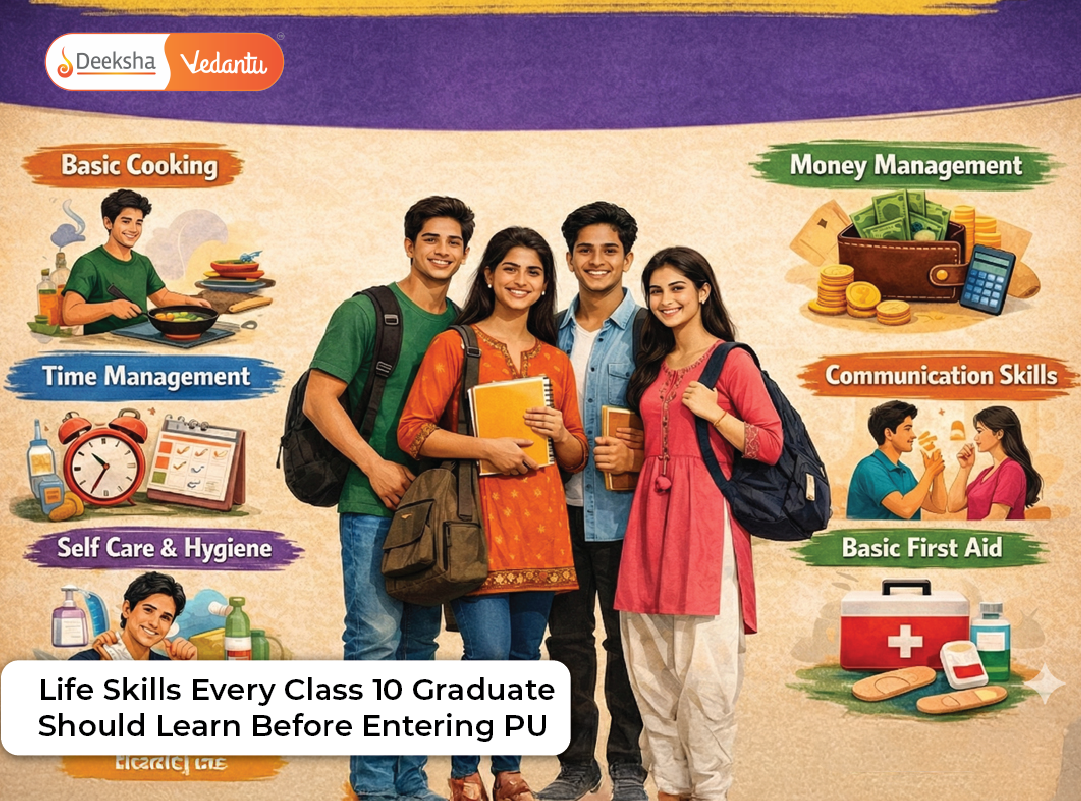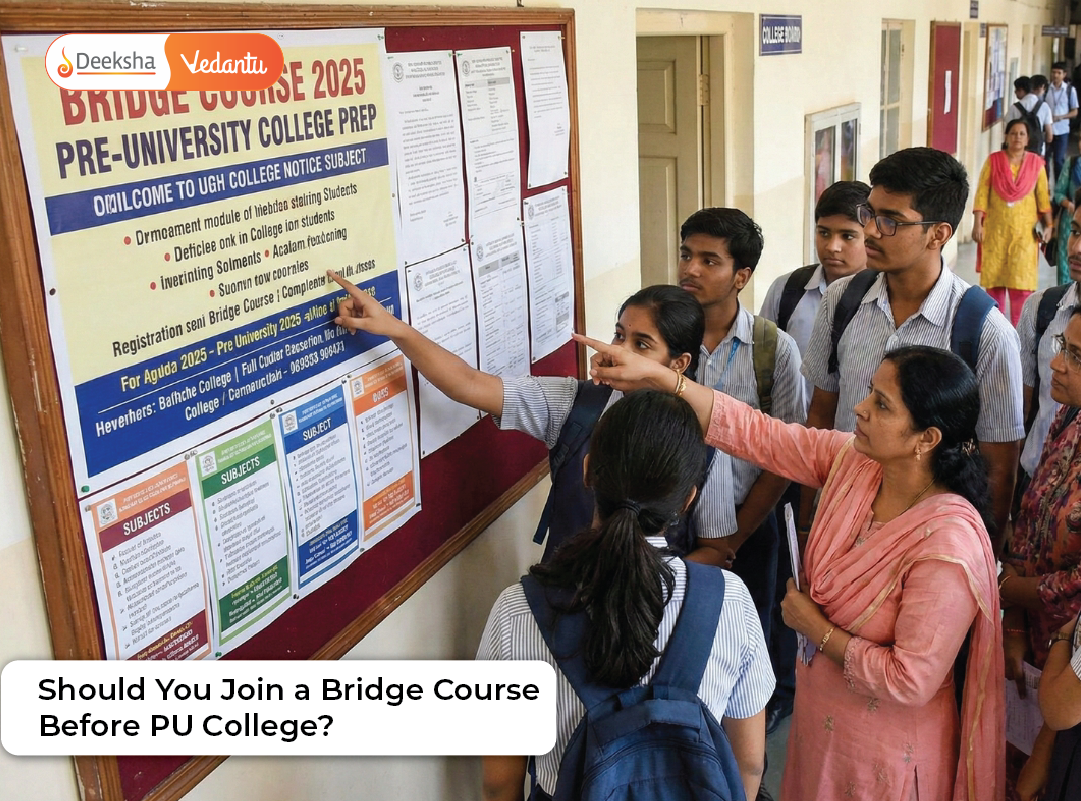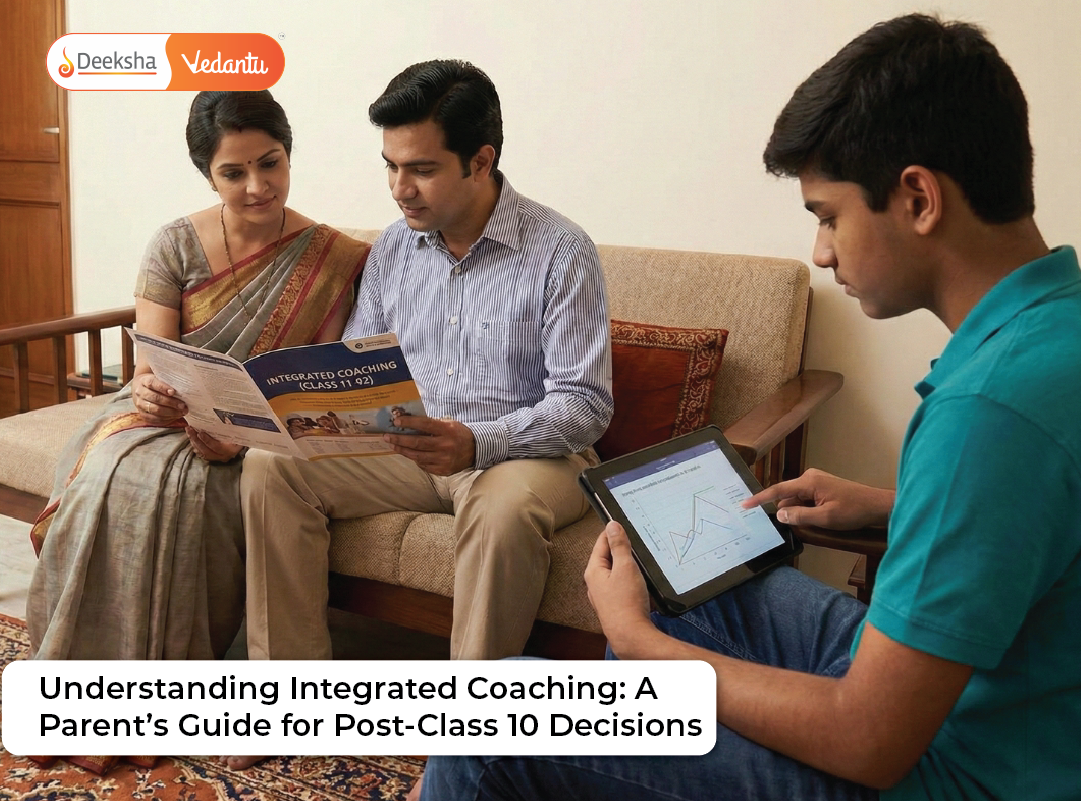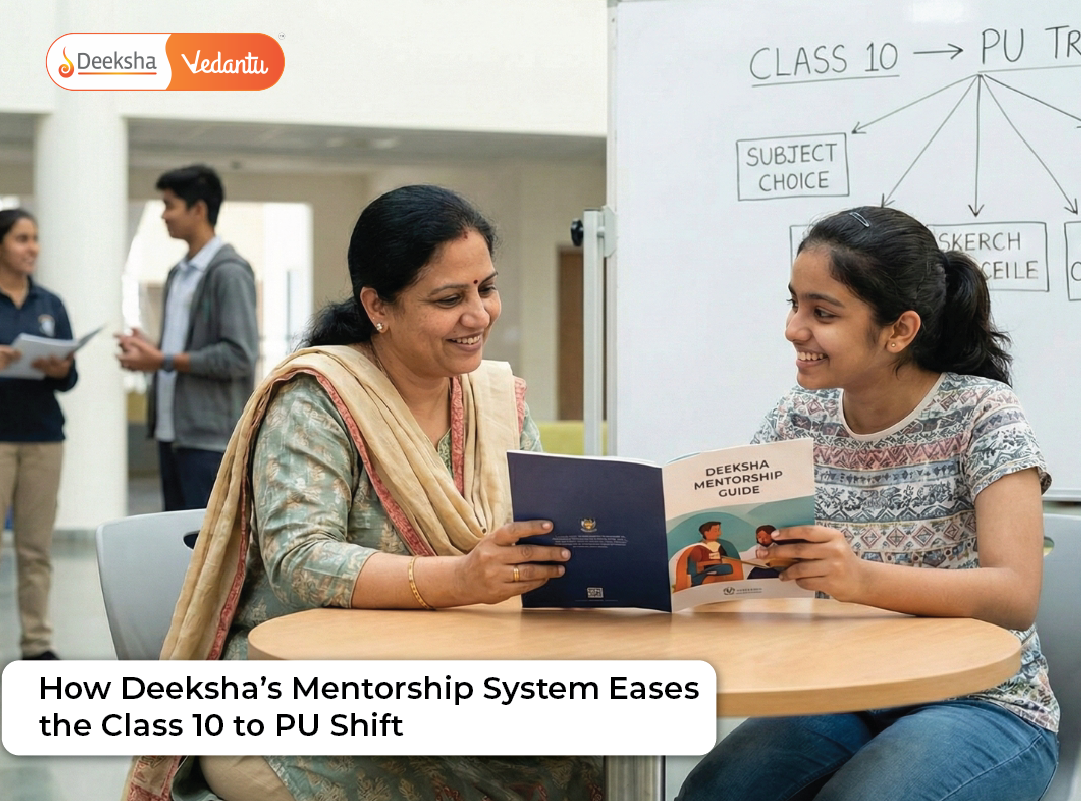Introduction
Choosing the best stream after 10th is a significant decision that can shape your future academic and career opportunities. This decision is not just about selecting subjects but also about aligning them with your interests, strengths, and long-term goals. A well-thought-out choice can set the foundation for a successful career, while a hasty decision may lead to challenges down the line. If you’re wondering what is the best stream to choose after 10th? or exploring streams after 10th, this guide will provide you with valuable insights and recommendations.
Self-Assessment Strategies
Evaluating Personal Interests and Hobbies:
- Reflect on the activities that genuinely spark your curiosity. For instance, if you enjoy solving puzzles, you may lean toward analytical subjects like mathematics or physics. If painting or storytelling excites you, Arts could be a better fit.
- Pay attention to how you spend your free time. Hobbies like coding, debating, or participating in quizzes can hint at your strengths and preferences.
- Examine your achievements in extracurricular activities, such as music, sports, or science fairs, which often reveal innate talents.
Reflecting on Academic Strengths and Weaknesses:
- Analyze your past academic performance across subjects. High scores in logical subjects like science and mathematics might indicate potential in the Science stream, whereas consistent excellence in commerce or economics can point toward a Commerce path.
- Take note of the areas where you struggle. For instance, if you find mathematics particularly challenging, reconsider streams heavily reliant on numerical aptitude.
- Seek input from teachers, mentors, or academic advisors to gain an unbiased perspective of your strengths and areas for improvement. They can provide critical insights to guide your decision-making process.:
Exploring Career Goals
Setting Short-Term and Long-Term Objectives:
- Define achievable academic goals for the next two years based on your chosen stream. For example, if you opt for Science, set goals like mastering key concepts in physics and chemistry or preparing for competitive exams like JEE or NEET.
- Envision long-term career aspirations. Think about whether you see yourself as an engineer, entrepreneur, journalist, artist, or working in another field that excites you.
- Break your objectives into actionable steps. For instance, if your goal is to become an accountant, plan for enrolling in the Commerce stream, excelling in accountancy, and preparing for certifications like CA.
Researching Various Professions and Required Educational Paths:
- Explore Career Options Within Streams: Look at what Science, Commerce, and Arts can offer. For Science, this includes engineering, medicine, and research. Commerce offers careers in finance, economics, and business management, while Arts spans fields like media, law, and design.
- Understand Qualifications and Skill Sets: Research the educational requirements for your desired profession. For example, medicine requires a strong foundation in biology, while a career in business might require strong analytical and interpersonal skills.
- Consider Industry Growth Trends: Investigate fields that are experiencing growth. For instance, data science and AI are booming in the tech sector, while digital marketing is rising within business and Arts.
- Seek Real-World Insights: Connect with professionals in your areas of interest to understand the challenges and rewards of their careers. Internships and shadowing opportunities can also provide valuable experience.
Seeking Professional Guidance
Benefits of Career Counseling:
- Objective and Unbiased Advice: Professional counselors offer an impartial perspective on your skills and aspirations, helping you see options you might not have considered.
- Clarifying Career Goals: They can assist in narrowing down choices based on your personality, interests, and abilities, ensuring that your decision is well-informed.
- Reducing Confusion: For many students wondering, what is the best stream to choose after 10th?, counselors provide clarity and direction, reducing anxiety and confusion during this critical stage.
- Custom Strategies for Success: Counselors create tailored roadmaps, from choosing the right stream to planning higher education and future career milestones.
Overview of Deeksha’s Counseling Services:
- Personalized Career Guidance: Deeksha’s experienced counselors work closely with students to understand their aspirations and provide customized advice.
- Comprehensive Stream Selection Support: Counselors at Deeksha help map out the best stream options by assessing students’ academic performance, extracurricular interests, and long-term career goals.
- Tools and Resources: Deeksha incorporates advanced tools like aptitude tests and career mapping software to give students a clear understanding of their strengths and potential.
- End-to-End Assistance: From stream selection to preparation for competitive exams, Deeksha’s services ensure students feel confident and prepared at every step of their academic journey.
- Deeksha offers personalized career guidance to help students make informed decisions.
- Experienced counselors and educators assist in mapping your interests and strengths to the best stream options.
Utilizing Aptitude Tests
Explanation of How Aptitude Tests Aid Decision-Making:
- Assessing Skills Holistically: Aptitude tests go beyond academic scores to evaluate logical reasoning, numerical ability, and verbal aptitude. They also assess personal interests, providing a comprehensive understanding of a student’s capabilities.
- Reducing Ambiguity: For students uncertain about their strengths or career aspirations, these tests act as a guide, narrowing down choices based on aptitude and personality traits.
- Aligning Strengths with Opportunities: By highlighting areas where students naturally excel, aptitude tests help align these strengths with suitable streams and potential career paths, ensuring better academic and professional outcomes.
Information on Deeksha’s DSAT and Its Role in Stream Selection:
- What is DSAT?: The Deeksha Scholastic Aptitude Test (DSAT) is a specially designed tool that evaluates students’ abilities across multiple dimensions, including academic knowledge, critical thinking, and personal interests.
- Personalized Recommendations: Based on the results, DSAT offers tailored suggestions for the best stream to choose after 10th, ensuring that students make choices aligned with their strengths and aspirations.
- Supporting Informed Decisions: The DSAT results include detailed feedback, helping students and parents understand why certain streams or career paths might be more suitable.
- Accessible and Student-Friendly: DSAT is designed to be user-friendly and accessible to all students. It provides a clear roadmap, bridging the gap between potential and opportunity.
Considering Future Opportunities
Job Market Trends for Each Stream:
- Science: The Science stream offers robust career opportunities in fields like engineering, healthcare, information technology, and scientific research. With advancements in AI, robotics, and biotechnology, science-related professions are experiencing exponential growth. Roles such as data scientist, environmental analyst, and genetic researcher are gaining popularity.
- Commerce: Commerce paves the way for lucrative careers in finance, accounting, business management, and marketing. The increasing focus on fintech, e-commerce, and digital marketing has made this stream highly relevant. Career paths such as Chartered Accountant (CA), financial analyst, and entrepreneur are especially in demand.
- Arts: The Arts stream is witnessing a surge in creative and socially impactful careers. Fields like journalism, media, graphic design, content creation, psychology, and social work are rapidly expanding. With the rise of digital platforms, opportunities in fields like digital storytelling, cultural studies, and visual arts are abundant.
Higher Education Options and Their Prerequisites:
- Science: Students can pursue undergraduate programs such as B.Tech (engineering), MBBS (medicine), or B.Sc (pure sciences). Most programs require strong foundations in physics, chemistry, and mathematics/biology, alongside competitive entrance exams like JEE, NEET, or state-level CETs.
- Commerce: Undergraduate degrees like B.Com, BBA, or BMS are popular among Commerce students. Specializations in accounting, finance, and business analytics often require strong aptitude in mathematics and economics. Some professional courses like CA or CFA require additional certifications and entrance tests.
- Arts: Degrees like B.A. in Journalism, Literature, Political Science, or Psychology are widely chosen by Arts students. Creative courses such as BFA (Bachelor of Fine Arts) or design programs often demand portfolios or entrance tests to showcase creativity and skill.
- Emerging Interdisciplinary Fields: Students can explore interdisciplinary programs like B.Des (Design), BBA in Digital Marketing, or integrated law degrees, which combine elements from multiple streams and cater to evolving job market needs.
Conclusion
Selecting the best stream after 10th is a crucial step that requires self-reflection, research, and guidance. By evaluating your interests, strengths, and career goals, and by leveraging tools like aptitude tests and professional counseling, you can make a well-informed decision. Remember, the key is to choose a path that not only aligns with your aspirations but also provides you with the motivation to excel. If you’re still contemplating streams after 10th, take the time to analyze your options and make a choice that sets the foundation for your success.
Table of Contents














Get Social